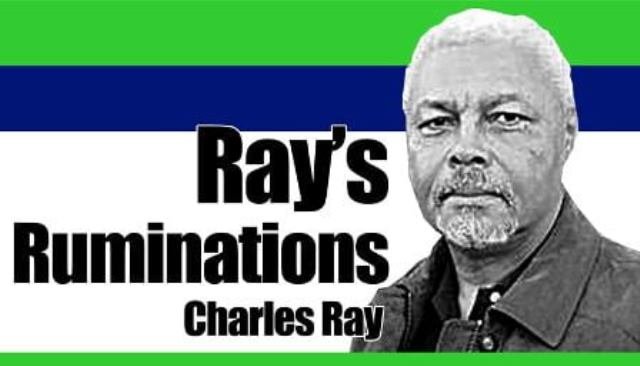
Recently, during a meeting with students in one of the graduate courses I teach for Arizona State University, one of the students, a recent immigrant to the United States, made the comment that he wished he had the ‘privileges’ and ‘opportunities’ that I had growing up as an American. When I asked what he meant, he referred to the positions I’d held during my government service.
Further discussion disclosed his belief that these positions could only be held by someone who had certain prerogatives and benefits that were conferred at birth. My response not only shocked him, but was a learning moment for the rest of the class, all of whom are young people born since 1995.
I pointed out that I grew up in rural Texas in the 40s, 50s, and early 60s, a time when people like me had no privileges and few opportunities. I joined an army in 1962 that had only been racially integrated for thirteen years at the time, and almost all of the senior officers and noncommissioned officers I had to deal with had served in the segregated army. I grew up in a town with segregated schools, and even designated parking for different races. What privilege? What opportunity?
When I graduated from highs school in 1962, and for the few months before deciding to take my chances with the army, I sought work as an artist — a job for which I was more than qualified — only to be told by every employment agency in Houston, Texas, that such jobs were not available for ‘people like me.’ During the first six or seven years of my army service, whenever I served at army posts in the South, I was told that there was only limited housing available in the local towns for ‘people like me.’
While privileges were nonexistent and opportunities were limited, it didn’t cause me to quit. I took advantage of the few opportunities that were available, often being the first to do so, and used those opportunities to improve skills and abilities that then opened the door to further opportunities.
In some cases, I created my own opportunities. Such as when, as a newly commissioned second lieutenant given a made-up job because all of the regular jobs had been given to ‘others,’ I set about making the misfits that had been assigned to me the best soldiers in the organization, a feat that wasn’t lost on the commander.
Throughout my fifty-year government career, I took on the jobs that others avoided, and gave a hundred percent. So, when I look back on my life, it was not one of privilege, but one of opportunity, or more accurately one of taking advantage of every opportunity.
That is the attitude I try to instill in my students. It is what makes societies and organizations function. I leave my students with the following thought: you will never reach the stars if you never reach for the stars, and after trying to reach them, you might not, but you’ll be higher than you were when you started. | NWI



